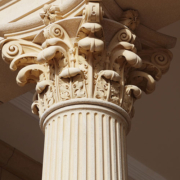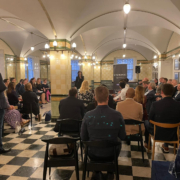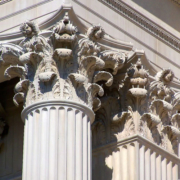The Bank of England, in coordination with HM Treasury, will likely press ahead with plans to introduce a ‘digital pound’ within the next 3-5 years.
The Centre for Digital Assets and Democracy (CDAD) is pleased to announce the appointment of David McGrogan as Fellow.
I was at an event yesterday when someone compared authoritarianism with liberty. And this got me thinking about where crypto might stand in these opposing values, in the United Kingdom.
The Dawn of a Financial-Political Revolution Caused by Blockchain
As important as Freedom of Speech is – and I am an absolutist – I would argue that in many ways it is Freedom of Transaction that underpins all of our other freedoms.
Anatoly posted the below last week on LinkedIn. It is a beautifully written and thoughtful piece on the characteristics of crypto which could benefit its use as a “flight to quality” which Anatoly has kindly agreed to us posting here on our website.
“Money remains the cornerstone of our society and yet the vast majority of young people have never been and will never be in a bank. Money is moving online.”
A transcript* of the speech given by Claire Cummings (founder) at our inaugural event
Gary Gensler could be the poster boy for the on-going theme of how people are losing faith in our “three letter institutions”. From the DOJ, to the CDC, to the MSM – we need our institutions to do better.
This question is at the crux of any consideration about the relationship of the state and the individual in digital assets.








